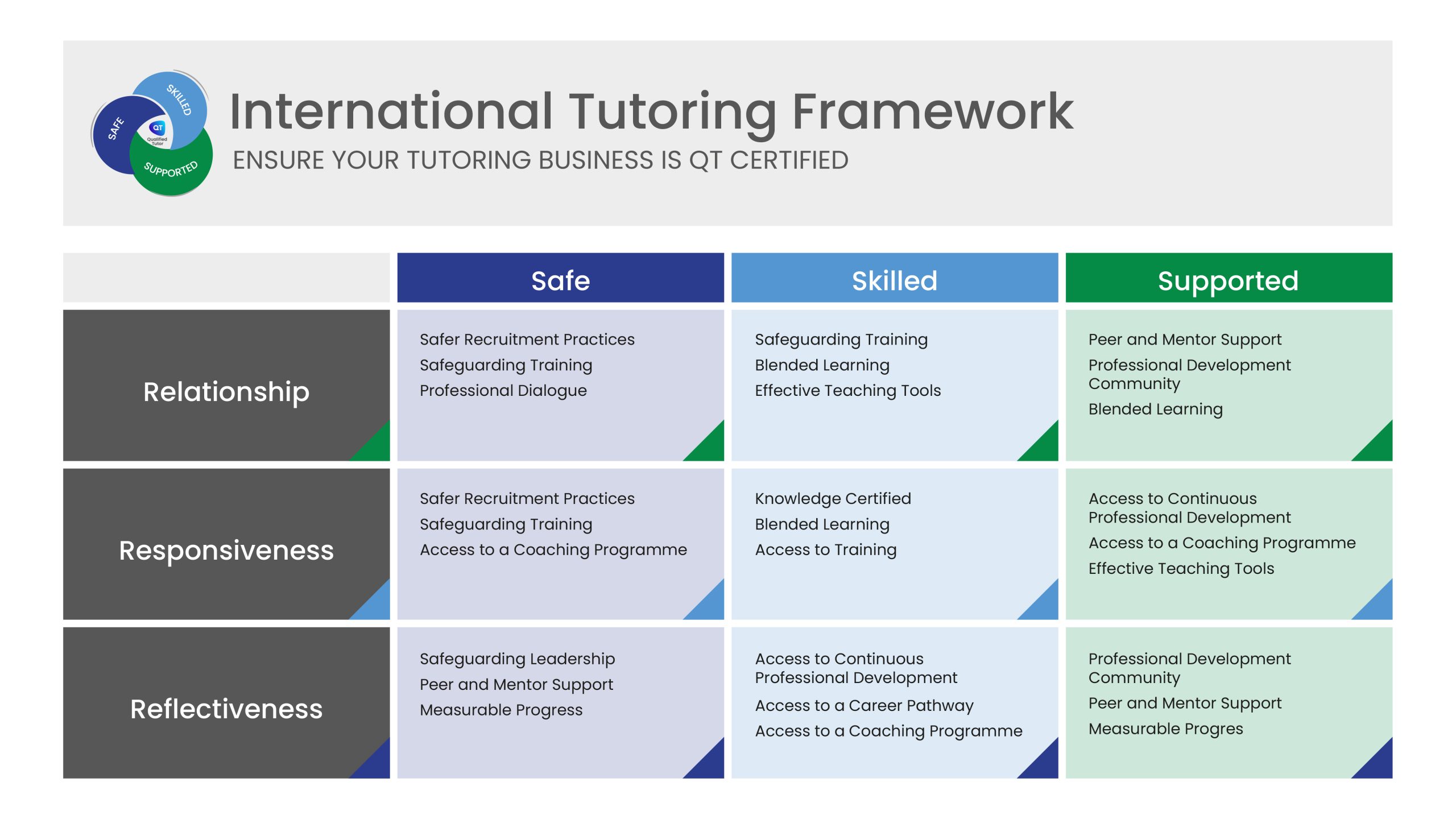SEND Series with Jack #2: Everybody Knows …
Our next little exploration goes like so…
We urge you to regard with great skepticism any sentence that begins “Everybody knows …” or “Common sense tells us …”. Often, these phrases are signposts for cultural belief systems …*.
Why is this important? Well, let me tell you, dear reader. When a challenging behaviour presents itself, it often affects how we feel emotionally rather than intellectually. Think about that student who you find particularly difficult to be around. They aren’t an assault to your intelligence, but they might be an assault on your senses. We can draw a line directly from our gut reactions back through our lives to our own experiences.
Whilst these gut reactions are true for us, they are not true for everybody. Our understanding of the world is based on our experience and there is not another person who shares the same unique collection of experiences that you do.
So, when we think “everybody knows how to behave”, we should first try and define ‘everybody’, and then we should define what it means ‘to behave’. For some people, good behaviour is saying please and thank you, even when they want to scream and run away. For some people, good behaviour is expressing feelings as they come up in a safe and constructive manner. For some people, good behaviour is maintaining eye contact – how else would you know whether somebody is engaged or trustworthy … ? As you can see, there is a potential conflict in the definition of a simple statement like “I expect good behaviour”.
Next time you’re faced with an incident of challenging behaviour, take 5 minutes afterwards (once your Prefrontal Cortex is back ‘online’, see Sarahlynn Hodder’s LTC Connect Wellbeing Hub session on Guy Fawkes) to answer these questions.
What was the behaviour?
What were they trying to communicate?
What was difficult about it for me?
What would I like them to do instead?
Once we know how their behaviour is affecting us and we have started to reflect on what kind of communication we prefer, it is much easier to start an open dialogue with the student and perhaps even come up with a plan to help them express their needs better next time.
______________________________
*Chapter 2: Myths and Realities. Easton, D. and Hardy, J.W. (2017). The Ethical Slut : a practical guide to polyamory, open relationships and other adventures. 3rd ed. California: Ten Speed Press.
Recommended Posts
How QT Digital Credentials will Transform the Tutoring Profession
No longer do you need to hang your certificates behind your desk so clients know what you’ve achieved. No need to put your trophies on the mantelpiece or hang awards in the downstairs loo. Now your verified credentials can follow you in every communication. My...
Inclusive Quality Assurance: International Tutoring Framework
Leaders in tutoring welcomed the International Tutoring Framework from Qualified Tutor this week in London and online at the Love Tutoring Leadership Festival. ‘I think this is absolutely wonderful and will quickly be recognised by people around the world.’ Kirstin...
Perfectionism in Education
Perfectionism is a term spoken about much, but little time has been spent reflecting on where it comes from and the consequences of having a perfectionist mindset. On the surface, perfectionism sounds ideal in the sense of wanting to do your best all the time. And for...



0 Comments